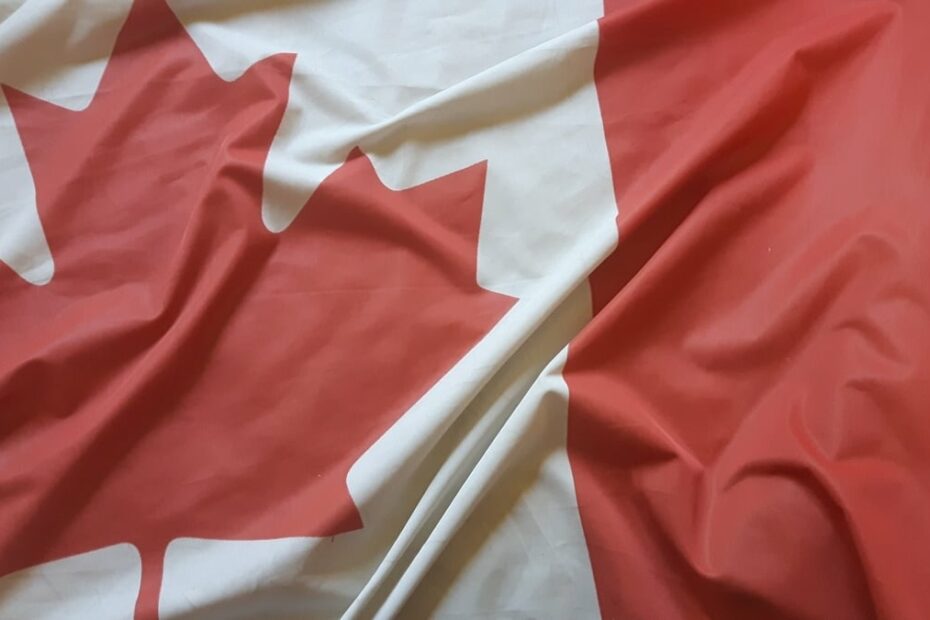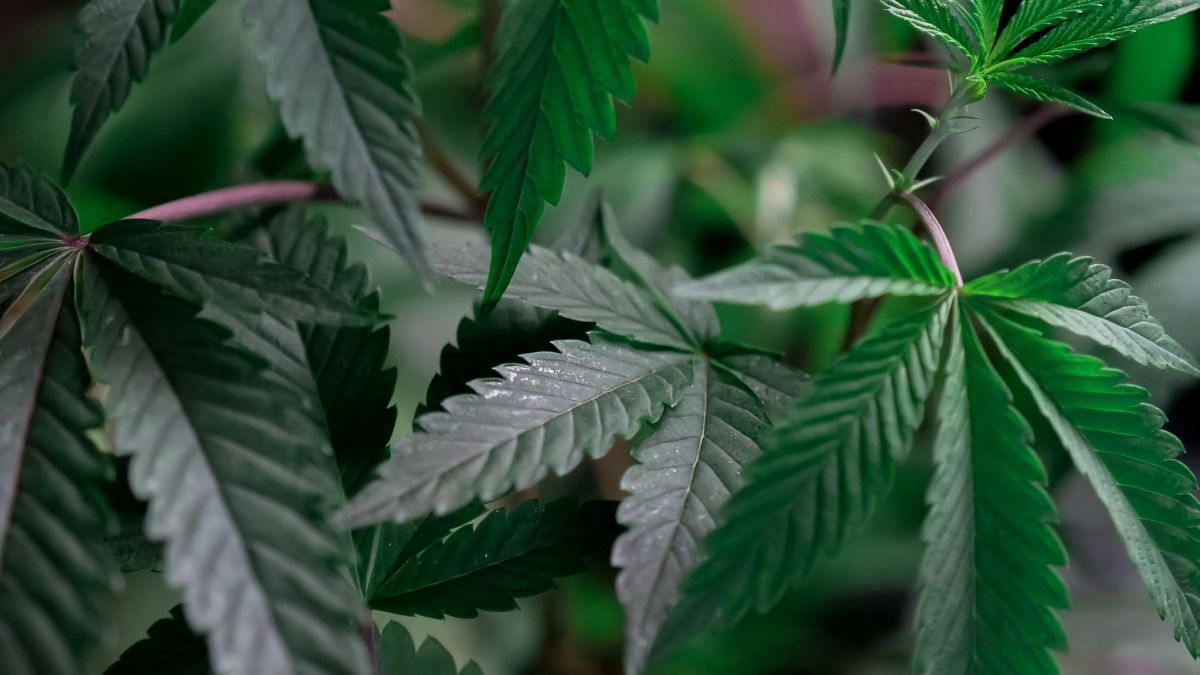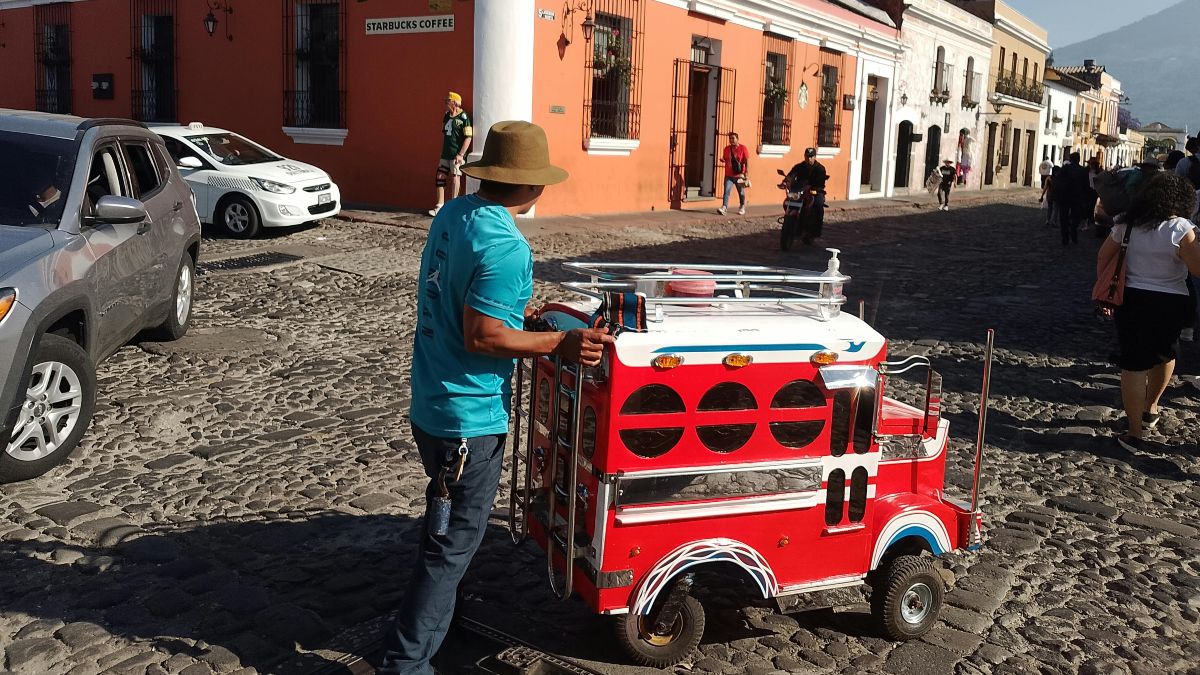As Canada calls a snap election, many Canadian expats in Central America might be wondering how they can vote from their homes abroad. We show you how.
This week, Canadian Prime Minister Justin Trudeau surprised many when he called a snap election for September 20, two years earlier than scheduled. Trudeau’s Liberal Party lost its majority in the 2019 election and has been operating as a minority government since.
In parliamentary systems like Canada, a minority government means opposition parties have more seats in the legislative body than the ruling party. This makes legislation difficult, as Trudeau has to rely on his political enemies to get his agenda through.
In calling this election now, Trudeau is taking a gamble on winning back his majority to make legislation smoother. He’s taking a page out of Boris Johnson’s book in the UK, who took over as Prime Minister and leader of a minority government in 2019. Johnson called a snap election for the end of that year and won a massive majority.
Right now, Trudeau believes the odds are in his favor of winning his majority again. Most Canadians seem to support his pandemic policies, which will dominate the campaign. In his eyes, it’s a now or never moment, a gamble worth taking.
#BREAKING: Canada’s 44th general election will take place Sept. 20 https://t.co/pZ5hxIyZla
— CTV News (@CTVNews) August 15, 2021
And with that tiny bit of background in place, we wanted to show Canadian expats living in Central America how they can vote in the upcoming election.
If you’re a Canadian citizen living in Belize, Costa Rica, El Salvador, Guatemala, Honduras, Nicaragua, or Panama, please know you can vote by mail. It’s your right.
Here’s something Elections Canada, the non-partisan agency in charge of administrating federal elections put out yesterday on their site called Voting Rules for Electors Living Outside of Canada. We’ve copied and pasted it verbatim:
- Canadian citizens who live abroad are eligible to vote if they are at least 18 years old on election day and have previously lived in Canada, regardless of when they last lived in the country.
- To vote, electors living abroad must be registered on the International Register of Electors. To do so, they must provide documents that prove their citizenship.
- Those who are not registered can apply online or print an application form and send it to Elections Canada by mail or fax. They may also contact us to receive a printed copy of the form by mail. Those who are not sure if they are registered can call Elections Canada to check.
- Elections Canada must receive completed applications for registration by Tuesday, September 14, 2021, 6:00 p.m., Eastern time.
- It is important for electors living abroad to plan ahead. It takes time for application forms to be mailed to Elections Canada and processed and for voting kits to be mailed back to electors at the international address they provided.
- Completed ballots must arrive at Elections Canada in Ottawa no later than 6:00 p.m., Eastern time, on September 20, 2021. Electors should consider the time it will take for their completed ballot to reach Elections Canada.
- Votes cast by Canadians living abroad count in the electoral district where they last lived before leaving Canada.
If you’re one of the many Canadian expats in Central America, the first thing you need to do (if you haven’t already done so), is register with the International Register of Electors. To do that, you need to prove your Canadian citizenship by showing them ONE of the following:
- Pages two and three of your Canadian passport.
- The front and back sides of your Canadian citizenship certificate or card.
- Your birth certificate, showing you were born in Canada.
Apply through the Elections Canada website listed above through their online applications page or by emailing/calling them.
It’s official! 🗳️ The federal election will take place on September 20! Follow us for the latest updates and official information about the electoral process 👉 https://t.co/rMpJWuh1xP#ItsOurVote #CdnPoli pic.twitter.com/CVYyR37tGn
— Elections Canada (@ElectionsCan_E) August 15, 2021
You can also show up at any Canadian embassy in Central America and register there, although you’ll need to note that many embassies are still closed (or offer limited services) to the public due to the Covid-19 pandemic.
Check out all the info you need to find your Canadian Embassy in Central America here. You’ll see that Canada has no embassy in Belize (the Guatemala Embassy covers Belize), and that it only has consular offices in Honduras and Nicaragua, with those countries covered by the embassy in San Jose, Costa Rica. If you’re in Belize, Honduras, or Nicaragua, you’re better off registering to vote online, rather than going to the embassy.
Actually, even if you’re in a country with a full embassy, you’re still better off doing it all online, due to closures or limited services to the public.
If you are a Canadian in Guatemala and want to vote abroad you should register here https://t.co/Lv7jIB9c1S .
Since the Embassy is closed due to the pandemic, please provide your own home address to receive your ballot. https://t.co/nBZUjFpwE0
— Canada in Guatemala (@CanEmbGuatemala) August 17, 2021
If you have any more questions about voting in Central America, you can also join some Canadian expat social media groups or follow your local embassies on Twitter.
- Canadian Expats in Costa Rica (Facebook)
- Canadians in Panama (Facebook)
- Canada in Belize (Twitter)
- Canada in Guatemala (Twitter)
- Canada in Costa Rica, Honduras, and Nicaragua
- Canada in El Salvador
- Canada in Panama
The above embassies all also have Facebook pages, if you prefer.
If you are a Canadian in Belize and want to vote abroad you should register here https://t.co/jadoPTOiVw .
Since the Embassy is closed due to the pandemic, please provide your own home address to receive your ballot. https://t.co/eHxXqkMtuj
— Canada in Belize (@CanadainBelize) August 17, 2021
Canadian expats who are registered to vote will receive their ballot to their confirmed address by DHL.
If you still need to register, you’re better off doing it as soon as possible so they can process your registration and get your ballot over to you.
Remember, you must register by September 14, and you’ll need to get your completed ballot back to Elections Canada by 6:00 PM EST on September 20. We all know postal systems in Central America aren’t the quickest or most reliable, so time is of the essence.
We hope we’ve helped any of you Central America-dwelling Canucks vote for your party of choice in the election. Good luck, whoever you’re voting for!
James Dyde is the editor of centralamerica.com. He lives in Escazu, Costa Rica.




